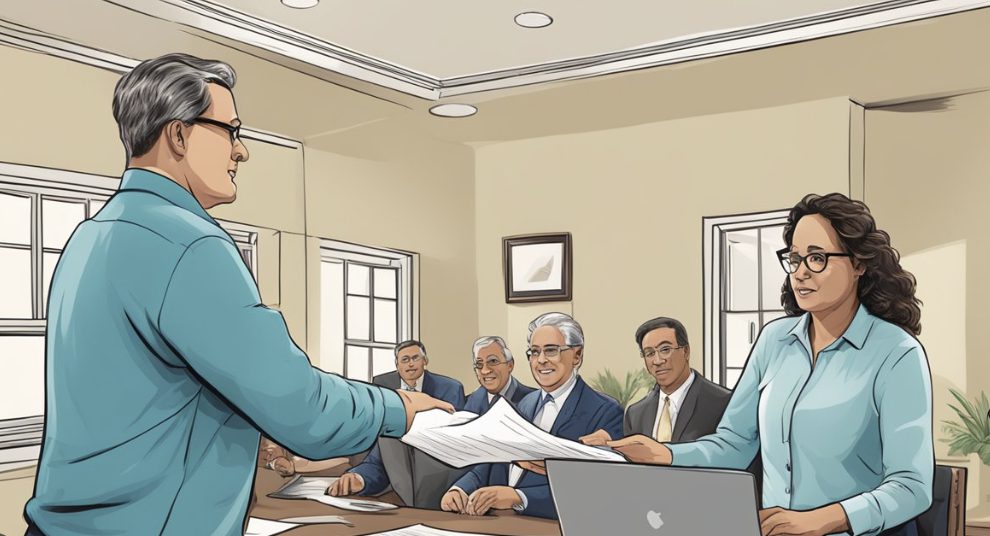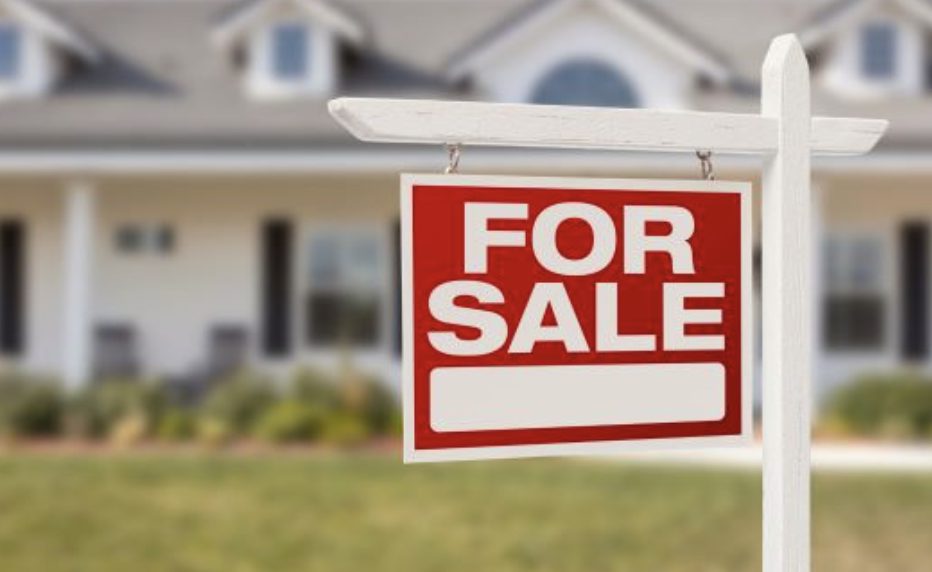Can an HOA Force You to Sell Your Home?
Your guide: Can an HOA Force You to Sell Your Home?
So, are you a new homeowner and recently just joined a new Homeowners Association (HOA)? Maybe you’re considering moving into a stellar neighborhood and found your dream home, but might be a little weary about the HOA.
One common question that arises is, “Can an HOA force you to sell your home?” If you’ve ever wondered about this or are just curious you’ve come to the right spot. Today we are going to answer this and more.
Keep reading to find out more.
Also read: BRICS: Why Do Asian Countries Buy Oil With the U.S. Dollar?

Understanding HOA Rules and Regulations
What is an HOA?
In planned communities, condominiums, and subdivisions, homeowner associations (HOAs) are groups that establish and uphold regulations for the properties and their occupants. You automatically join the HOA when you purchase real estate in these communities.
The Powers of HOAs
Enforcing Rules
HOAs have the power to enforce the CC&R regulations. This can involve anything from keeping up with your landscape to choosing not to paint your home a particular color. The HOA may impose fines and other penalties if you break these regulations.

What can an HOA do to your property?
One of the more severe actions an HOA can take is placing a lien on your property. If you fail to pay your HOA dues or fines, the HOA can place a lien on your home. In extreme cases, the HOA can even foreclose on your property to cover the outstanding debts.
Also read: BRICS: US Dollar Wrecking Havoc on Local Currencies
Can an HOA Force You to Sell Your Home?
Directly Forcing a Sale
You cannot be directly forced to sell your house by a HOA. They may, nevertheless, produce circumstances that make it quite difficult to stay. For example, if you consistently break the rules or neglect to pay your dues, the increasing penalties and court cases may force you to sell your house to get the money you need.
Foreclosing on Your Home
If a homeowner doesn’t pay their dues or assessments, HOAs may be able to foreclose on their property in several areas. This procedure is comparable to a foreclosure on a mortgage. To recoup the money owed, the HOA may file a lawsuit to compel the property to be sold. To determine the scope of their authority, it’s critical to comprehend both your state’s laws and the bylaws of your homeowners association.

How to stay on your HOA’s good side?
Keep updated and pay your dues properly
Being aware of the rules and regulations is the greatest way to avoid problems with your HOA. When you move in, read the CC&Rs carefully, and stay informed of any updates. Keep abreast of community developments by attending HOA meetings.
Making your dues payments on time is one of the easiest ways to stay out of trouble with your homeowners association. See your HOA if you’re experiencing financial troubles. They might be able to arrange a payment schedule that will help you stay out of trouble.
Pay Dues on Time
You automatically join the HOA when you purchase a house that is a part of one. You are required to abide by all guidelines in the governing document of your homeowner’s association, as they are legally obligatory. There are bylaws, yes, that you might find objectionable, but there are no HOA exclusions.
Conclusion
In conclusion, when it comes to the power of an HOA you do have a few things you need to plan for. The HOA is meant to serve the entire community and as much as we like to give people the benefit of the doubt, once they’re against you you might run into some serious implications.
Even though a HOA cannot legally compel you to sell your house, they do have the authority to take serious legal action if you break the rules or neglect to pay your dues. It is essential to comprehend the HOA’s authority and your duties as a homeowner.
Recall that being aware of your rights and the HOA’s jurisdiction will help you handle any problems that may come up and safeguard your house. Happy house hunting!
